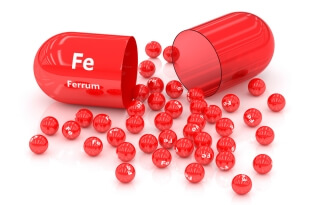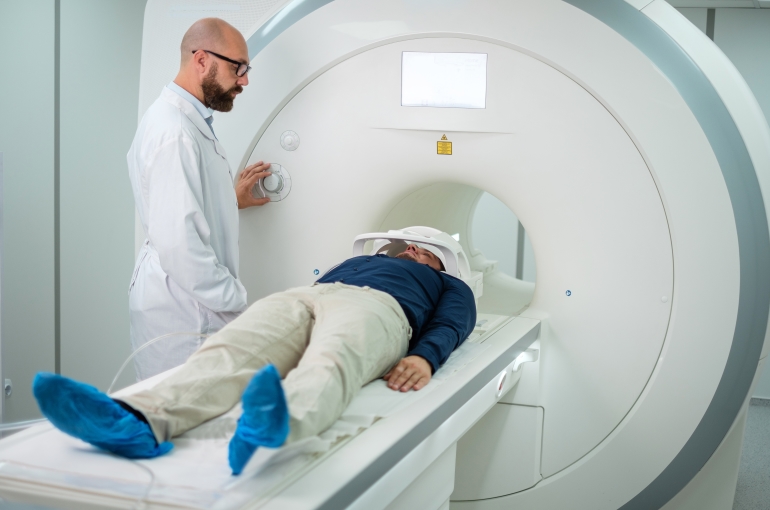
Should I take iron supplements if I have heart failure?
Our expert answers a question from a heart failure patient about the benefits of taking iron supplements.

Thalassaemia is an inherited blood disorder that means your body produces too little haemoglobin. Haemoglobin carries oxygen in your blood to where it is needed in the body, so having less of it means your blood contains less oxygen, which can cause tiredness and shortness of breath.
Thalassaemia major is the most severe type – without treatment, someone with the condition will die.
Most people with thalassemia major need blood transfusions from age 1-2 years in order to survive. But although this treatment is life-saving, over time iron from transfused blood accumulates in the body, including in the heart. This iron overload leads to heart failure, which used to be the most common cause of death for people with thalassemia major.
The development of chelation therapy, which uses specific drugs to remove iron from the body, helped with this problem. But until the 1990s there was no safe way to measure the iron overload in the heart, and it was hard to know whether chelation (which itself can have risks) was needed or had been successful.
This was until a new MRI technique called T2* MRI was developed in the late 1990s led by Professor Dudley Pennell and BHF-funded fellow Dr Lisa Anderson at Royal Brompton Hospital in London. This technique can measure how much iron is in your heart muscle and monitor how successful the chelation treatment to remove it is.
This technique is now the gold standard internationally for measuring iron levels in the heart. Since the introduction of chelation therapy and T2* MRI monitoring, the number of people dying from beta thalassemia major in the UK and around the world has dramatically reduced, and death rates are now similar to those of the general population.
First published 16 May 2021